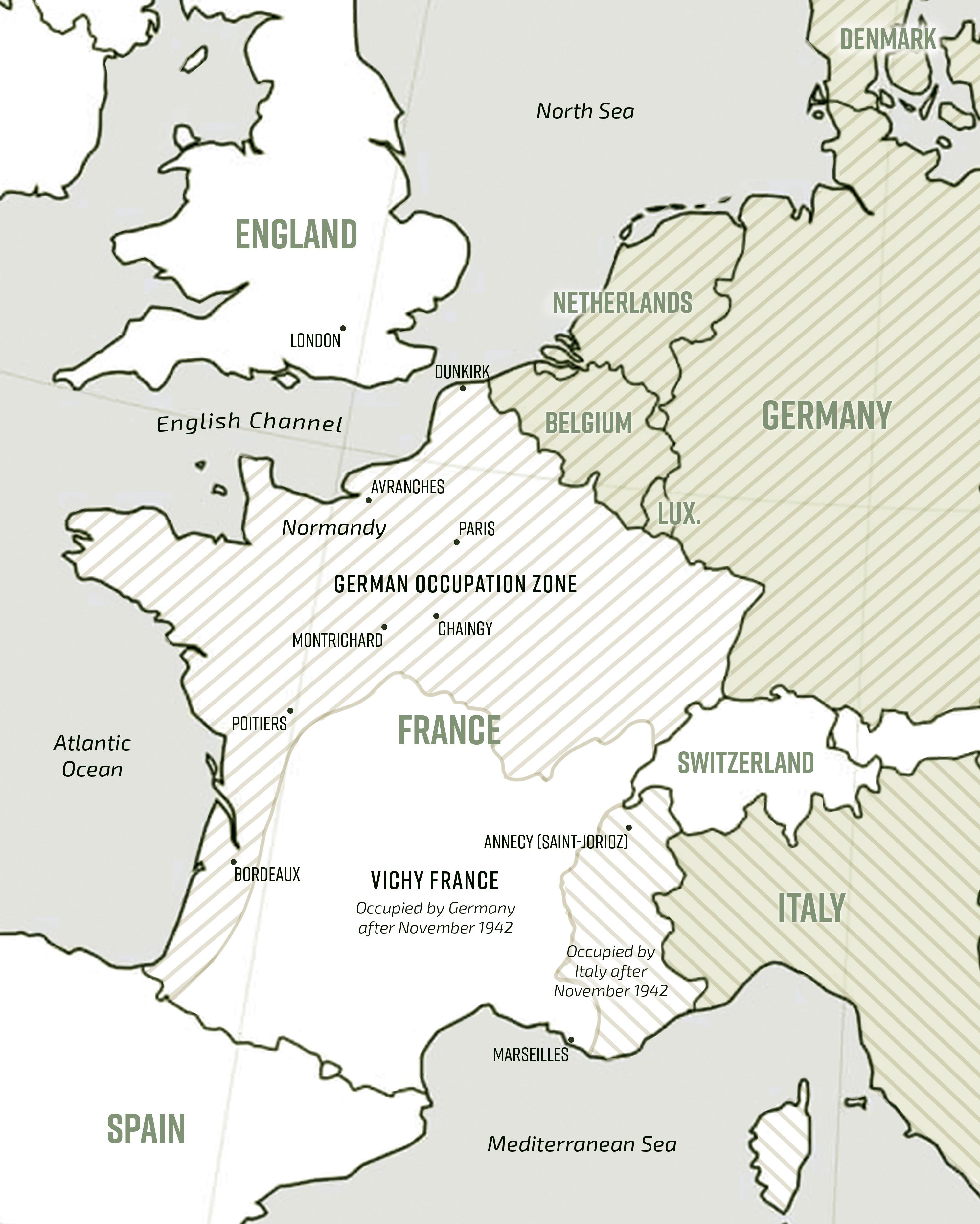
2 minute read
Beaulieu Agents
Hitler’s blitzkrieg saw the capture of the majority of Europe in just under a year. Beginning on the first day of World War II in 1939, Poland was bombarded by air and captured through a massive land invasion within just one month. Neighboring countries soon followed; by May 1940, the Nazis had taken Norway, Belgium, Holland, Luxembourg, and Denmark under their control. France was captured by June and forced almost 350,000 Allied troops to evacuate from Dunkirk to England on whatever seafaring vessels they could use. Britain was the only Allied country left in Europe to fight Germany’s forces; but with troops no longer on the continent, they were fighting at a disadvantage, and the Soviet Union could only fight off the Germans in the east for so long.
To that end, a secret agency was created within a government office on Baker Street in London. Working under the false name of Inter Services Research Bureau (ISRB), the Special Operations Executive (SOE), sometimes called the Firm, was an agency dedicated to covert warfare in enemy-occupied territory. Captain Selwyn Jepson was put in charge of recruiting agents to be sent to France for infiltration, and he knew immediately that women were necessary for success. With so many men gone to fight, seeing a woman walk or bike around leisurely was a normal occurrence; they would be perfect couriers, and their skill for secrecy and ability to be courageous even when working alone and under immense pressure were perfect qualities for the many jobs they would have to take on. With some persuasion, Jepson’s old friend, Prime Minister Winston Churchill approved his idea. Recruitment was underway for the rebels who would make the D-Day invasion possible.
Advertisement
General Charles de Gaulle had become the leader of the French resistance in London after escaping the German blitzkrieg. He extended his reach back into France through his wireless broadcast on BBC radio to keep French patriotism alive throughout the German occupation as well as give updates on the war. However, while his intentions to help his beloved country were genuine, his Free French covert resistance group created to politically unite French citizens for the future of France was run with the same cruelty as the Nazis, earning it the nickname of La Gestapo Londonienne. A separate resistance group, the French Section, was created out of apolitical necessity by the British and employed all non-French citizens with the goal of preparing for the invasion. “Between the [two groups], there was a perpetual shortage of the ‘right type’ of secret soldier. The complex knots of Anglo-French courtship only tightened demand for female recruits” (Rose 21).
Andrée Borrel, now 21 years old, had been fighting for her country ever since the Germans took over France. As a conductor on an underground railroad, she helped countless Allied prisoners of war, fallen pilots, and patriots escape to freedom as well as used her training with the Red Cross to save soldiers wounded in the blitzkrieg. Once France surrendered, she crossed the demarcation line into the unoccupied southern zone along with six million of her fellow










